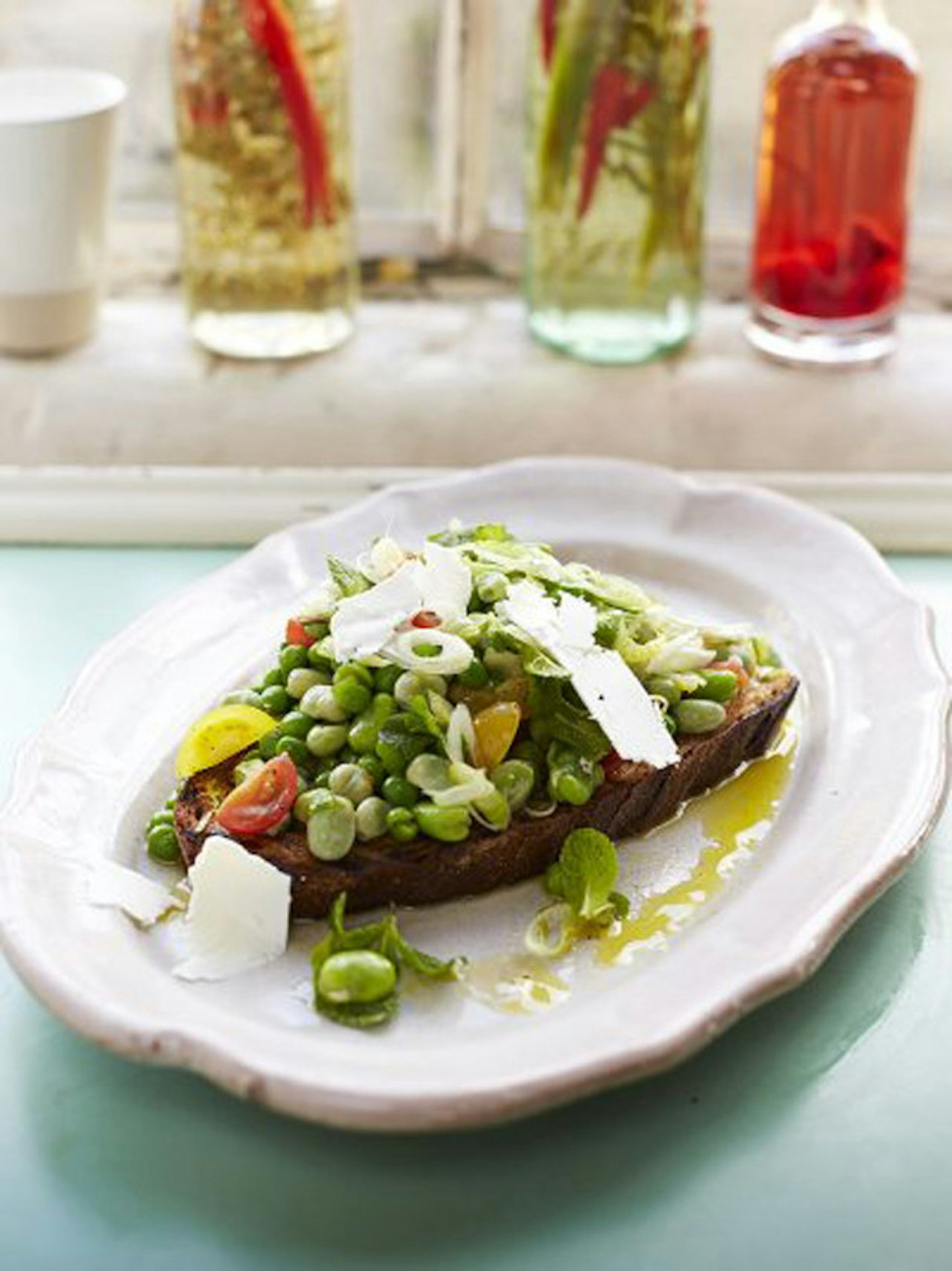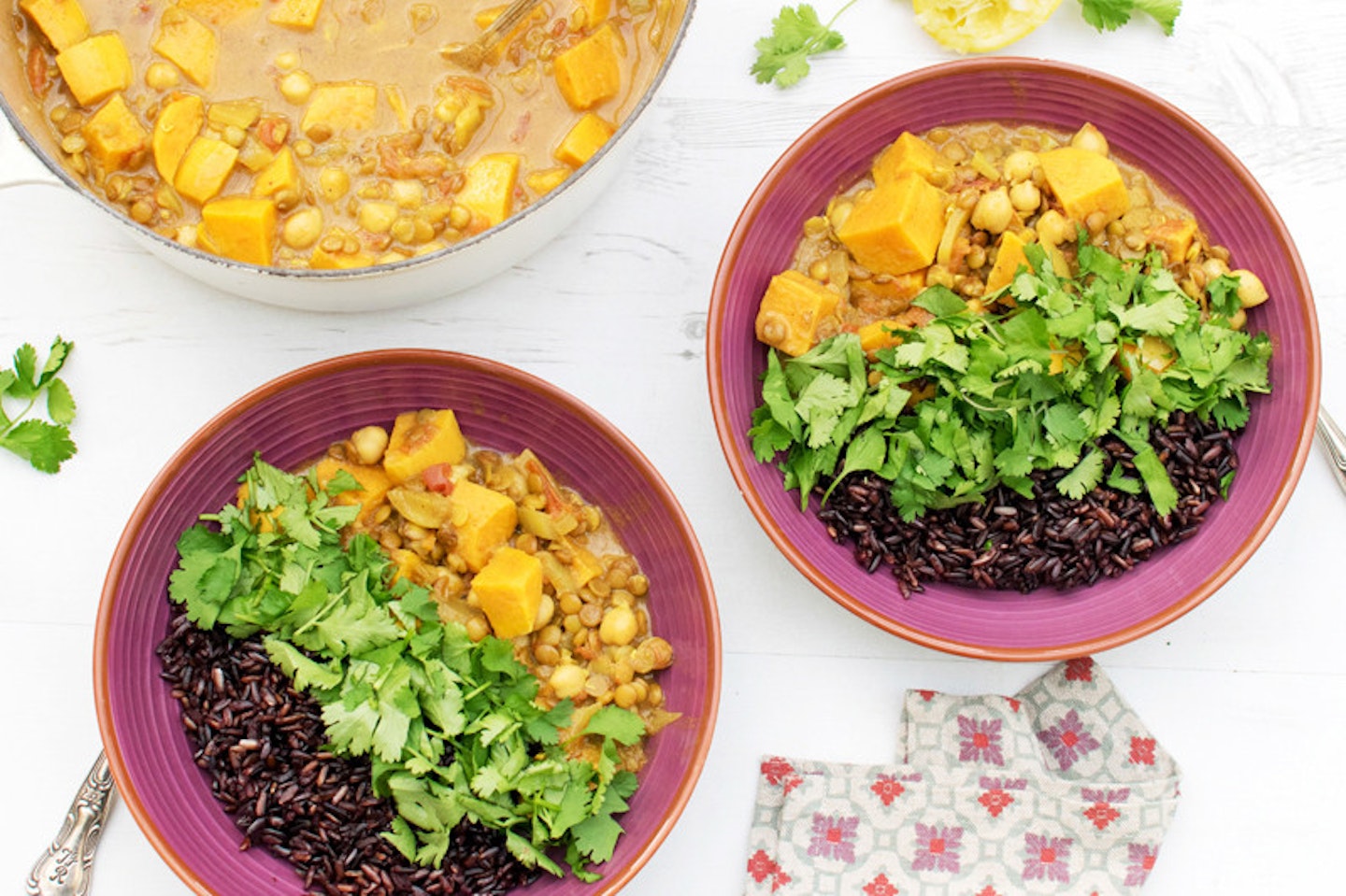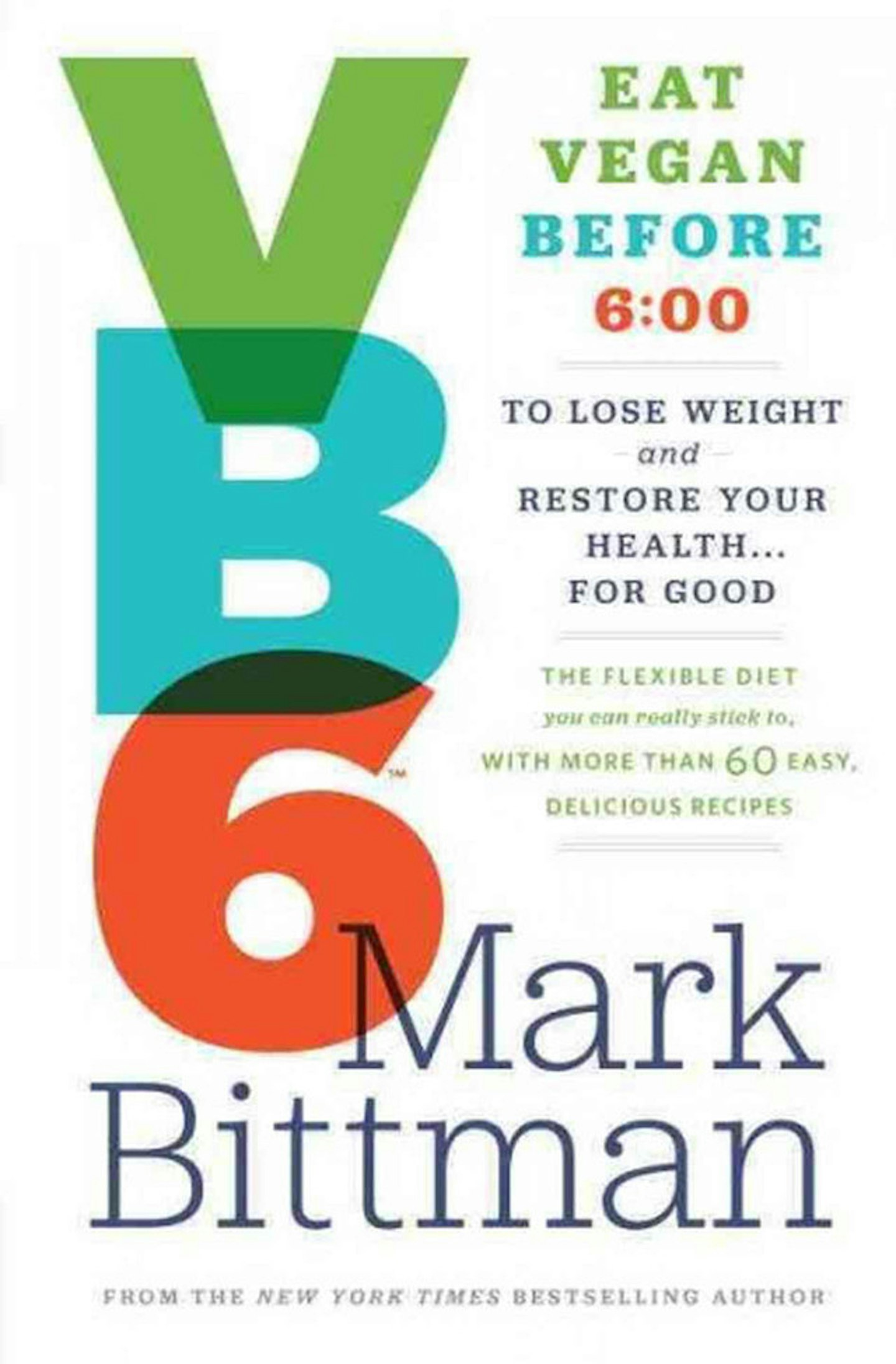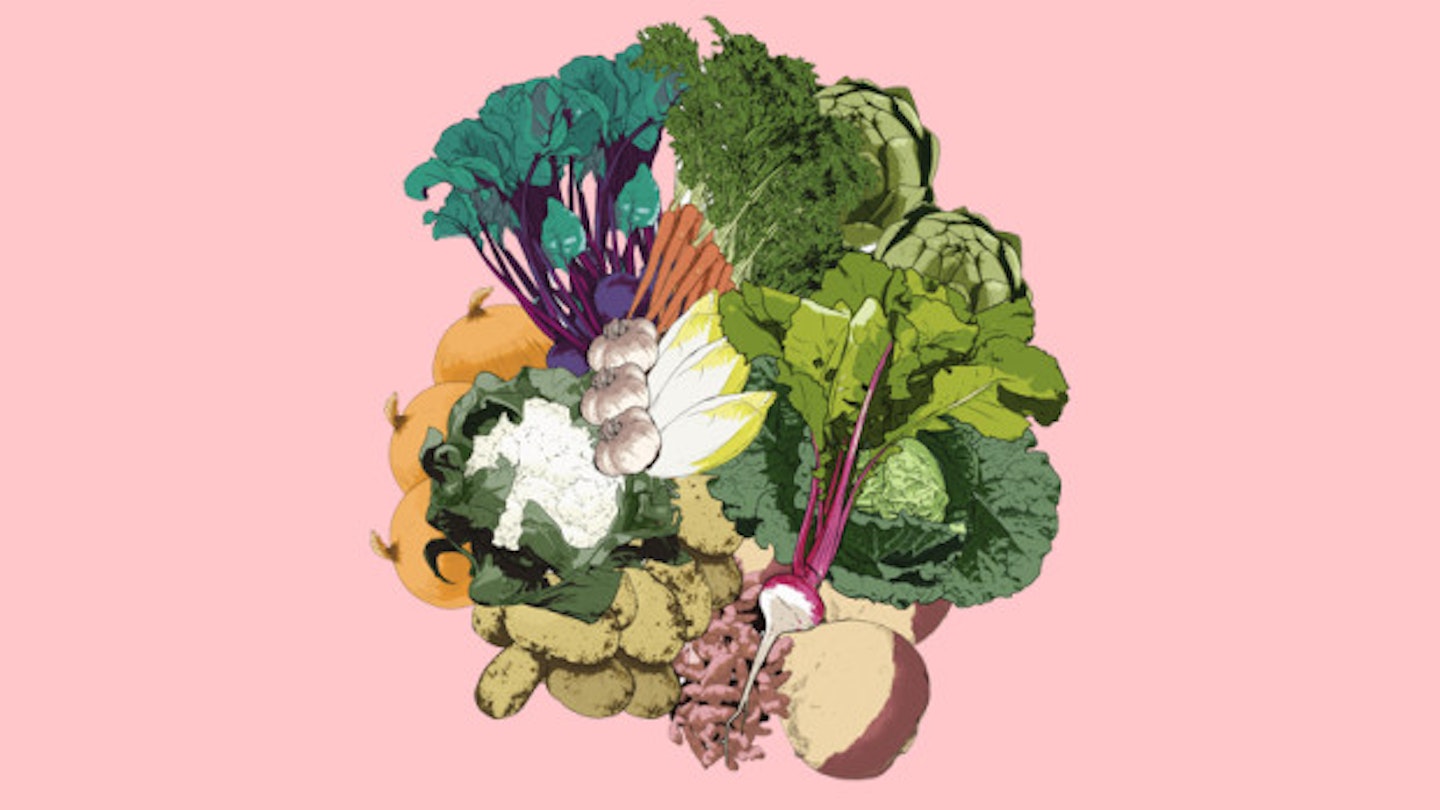I am a carnivore. I love me some meat. But even I can’t ignore the niggling feeling in the back of my mind that there must be a reason why seemingly every single other person in the world has started counting their grams of protein.
The past few years have felt like a veritable veganvortex. We couldn’t move for celebrities and pundits alike jumping on the no-meat trend. But where veganism doesn’t allow for… basically anything – the strictest of vegans even adhere to a no honey rule because it essentially comes from an animal – being a flexitarian is, as the name alludes, a whole lot more flexible, and potentially a lot more realistic than waving goodbye to Shake Shack forever.
Maybe that’s why the number of people who identify as flexitarian has recently taken a massive leap, with studies indicating that sales of vegetarian foods in the UK are predicted to grow by 10% this year, while 35% of Brits now call themselves flexitarian.
A campaign called Flexitarian Bristol launched January of 2015, aiming to turn Bristol into the first flexitarian city. And with vocal advocates from the likes of Stella McCartney and fam, who launched Meat Free Mondays, to Gwyneth Paltrow and celebrity chef Jamie Oliver, this appears to be a lot more than just a passing – pretty much impossible to adhere to – fad.

So what exactly does being a flexitarian entail, is it good for you and how do you actually do it? Read on…
What Is A Flexitarian?
It’s basically when you mostly don’t eat meat but sometimes do. Except it’s a lot more thought out than just, ‘Oh I don’t have any meat in my fridge so let me scramble some stuff together.’

Blogger Annabelle of theflexitarian.co.uk told The Debrief: ‘Flexitarians make a conscious effort to reduce their meat consumption for health, environmental and/or animal welfare reasons. There are no rules.’
‘For me, it’s having the ethical and nutritional frame of mind of a vegetarian, but part time,’ says Athina Andrelos, Jamie Oliver food stylist and foodie extraordinaire.
So When Do You Eat Meat?
Well, the whole point of being flexitarian, basically, is that it’s flexible, so you can pretty much do what you want, when you want.

Mark Bittman, author of #1 New York Times bestseller VB6: Vegan Before 6 – advocates eating a strictly vegan diet all day and then doing whatever at night. ‘That’s worked well for me and others, but it’s really just a strategy,’ he tell us. To this regard, he recently joined The Purple Carrot, a meal kit company that ships only plant-based meals.
‘I’m not interested in seeing people “go vegan”', I’m interested in seeing people figure out ways to get more plants in their diets. It’s not about deprivation – it’s about branching out in ways that we know to be healthier for us and the planet.’
Meanwhile in her book The Flexitarian Diet, Dawn Jackson Blatner offers three different levels of flexitarianism: beginner, advanced or expert. Beginners start with two meatless days per week, gradually decreasing the amount of meat until you reach expert level, which is five meatless meals a week.
Kind of annoying for people (like me) who really like to adhere to strict guidelines with things like this, but basically you can do whatever. Ish.
Does It Have Any Health Benefits?
Loads. A 2015 study found that a semi-vegetarian diet effectively lowers the risk of heart disease and stroke. Researchers followed more than 450,000 Europeans for around 10 years and found that those who ate the most ‘pro-vegetarian’ diets (at least 70% of food coming from plant sources) had a 20% lower risk of dying from cardiovascular disease than those who ate more meat.
Will a flexitarian diet help with weight loss?
Flexitarians have also been found to weigh 15% less, have a lower rate of diabetes and cancer, as well as live up to 3.6 years longer.
How will being flexitarian affect my body?
Annabelle explains how going flexitarian has also helped with her joint pains. ‘I have suffered for years with inflammatory pain in my joints. Having mostly a plant-based diet has really helped me ward off the pain,’ she told us. ‘I started seeing changes eight months after reducing my meat intake. My energy level has also increased, probably because eating a plant-based diet has improved my digestion.’
There’s also the moral thing, too, if you’re into that sort of thing. Athina says that adopting a flexitarian lifestyle has left her feeling morally better, too. ‘There’s no doubt we’ve over consuming meat right now, and that has led to the over-production of animals and as a result, the unfair treatment of them,’ she explains. ‘The fact that chicken is marketed as a snack in this day and age is crazy to me.’
Flexitarian and nutritionist Lana Almulla of atablefor1.com builds on this, noting that we’re really fucking up our world. ‘Raising livestock and their byproducts accounts for around 51% of all worldwide greenhouse gas emissions. That’s more than the combined exhaust from all transportation and something we should really be thinking about considering the fact that global warming is becoming more and more of a concern,’ she says.
Do flexitarians live longer?
It’s hard to say, but generally being a flexitarian your overall health is better, so there is more of a chance that you will live longer.
Will You Be Getting All The Protein You Need, Though?
This is mostly my concern, potentially not for the reasons I should be worried about though– namely, ‘but don’t I need a certain amount of protein to survive?’ According to Mark, there are huge misconceptions about how much protein we actually need to be eating. In VB6 he explains that barring extreme athletes, most Americans actually eat two to three times more protein than they need per day.

What’s The Catch?
Not all that much, really. Mark does acknowledge that you do get a bit hungrier though, and have to eat more, as plants are not as calorie-dense as junk food or animal products. ‘That’s not so bad though,’ he counters. ‘Being hungry isn’t terrible, and neither is eating more. It helps to not be afraid of healthy fats, because things like nuts, olive oil and avocados can really fill you up.’
You also have to be quite meticulous in planning your meals and stuff to ensure you're getting all the nutrients you need.
Don’t just eat shit all the time. As some health experts (ie: not me, as this is probably exactly what I would do) have noted, a plant-based diet could technically consist of Pop Tarts for breakfast, cheesy nachos for lunch and a veggie burger with fries for dinner. But that’s probably not very good for you, is it?
How does the flexitarian diet work?
Essentially flexitarianism should be about more than just eating less animal products and more about making smart food choices in general.
Many flexitarians, like Annabelle and Athina recommend committing to one meat-free day a week at first and ensuring that when you do eat meat, it’s better meat (like organic), and in smaller portions.
Cooking for yourself is always a great way to go about it, too (there’s some great inspo on the Jamie Oliver site here). ‘The more you practice making some of these dishes, the more you’ll build up your knowledge and realize how exciting meat-free dishes can be,’ says Athina.
‘The best way for me was to start focusing my meals on making vegetables super tasty and being able to eat them on their own so at least one or two meals a day didn’t consist of animal protein,’ explained Lana. ‘Brown rice bowls with baked sweet potato, a tahini lemon dressing, or brown rice pesto pasta, fruit smoothies… there are so many things that don’t involve meat that are so delicious.’
Like this? You may be interested in...
Actually Healthy Foods You Can Swap For Other Foods That Aren't Totally Rubbish
Follow Alya on Twitter @moorizZLA
This article originally appeared on The Debrief.
